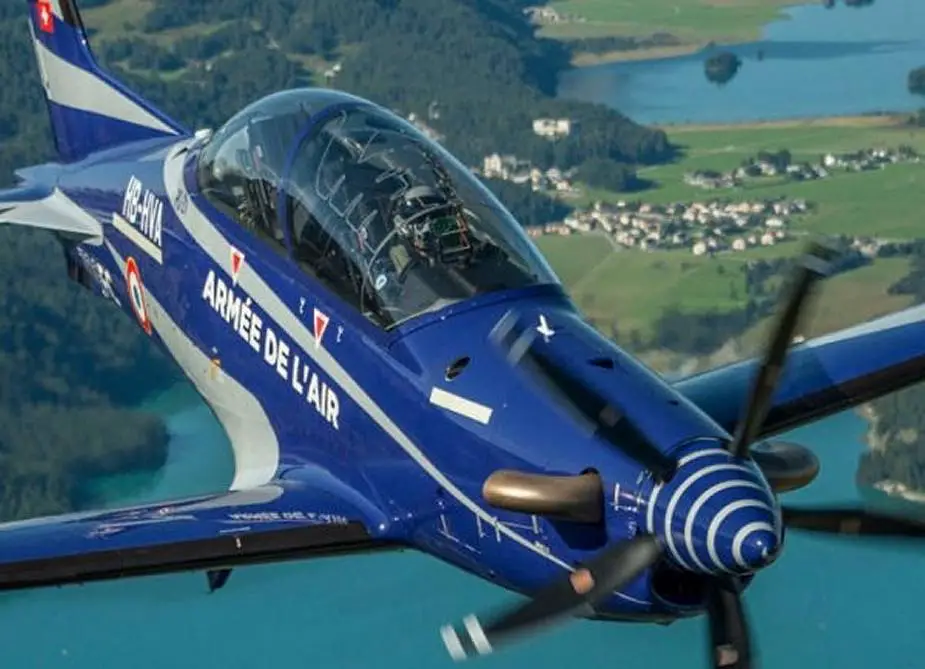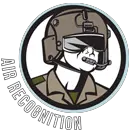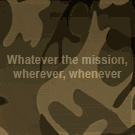As Laurent Lagneau reports in Opex360, the Swiss aircraft manufacturer Pilatus announced that France, via the General Directorate of Armament (DGA), has just ordered nine additional PC-21 turboprop trainer aircraft for the French Air and Space Force.
Follow Air Recognition on Google News at this link
 Pilatus PC-21 of the French Air and Space Force (Picture source: Pilatus)
Pilatus PC-21 of the French Air and Space Force (Picture source: Pilatus)
″ The General Directorate of Armament signed the agreement with F-AIR 21 [Cognac Formation Aero SAS France], Pilatus being the exclusive subcontractor for the supply of the nine PC-21s and other ground training systems and spare parts ”, the manufacturer said in a statement released on July 16. The French Air and Space Force already operates 17 PC-21s for the training of its fighter pilots and weapons systems officer navigators [NOSA] in Cognac.
In September 2019, the chief of staff of the French Air and Space Force, General Philippe Lavigne, mentioned the Mentor project, which was to further reduce the time required to train a fighter pilot. It was then a question of obtaining at least eight additional PC-21s for the operational transition of the newly licensed pilots, which now had to be done in Cognac, and no longer in Cazaux, with Alphajets. In March 2020, the DGA published a contract notice for “provision and support services for PC-21 aircraft, their environmental equipment, infrastructure works and associated services, for the training of fighter pilots in the operational transition phase ”. The number of planes needed was not specified, except that a sufficient fleet was needed to ensure a foreseeable annual activity of 5,000 flight hours, with a maximum volume of 3,000 additional hours. Nine additional planes are thus necessary. As well as one additional simulator. The latter has been ordered from the Canadian company CAE, which is due to deliver it to Cognac in 2022, a year before the arrival of the additional PC-21s.
The PC-21 is less powerful than the Alpha Jet but it is more economical (a flight hour costs 1,500 euros against 7,800 euros for an Alphajet, specifies Laurent Lagneau), while offering the advantage of familiarizing student pilots with the Rafale avionics. In addition, very handy, it can simulate the behavior of a jet thanks to an electronic calculation which "erases" the effects of the propeller. Finally, for the operational transition, it has four points of import for air-to-ground weapons.
















